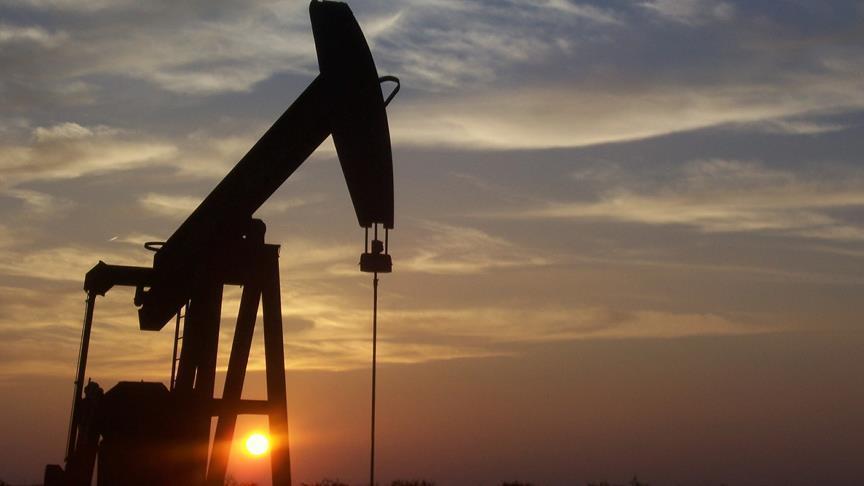Texas state oil regulator is considering curbing crude production for the first time in half a century in an attempt to urge in a dramatic oil price slash and to set in motion a better economic and political climate, according to international media outlets.
The move came after rising tensions in oil markets following a breakdown in talks between the Organization of Petroleum Exporting Countries (OPEC) and Russia on March 6 to secure a further oil output cut in their production levels.
The futures of Brent and WTI crude have plummeted to under $30 per barrel, as fears of an imminent price war between producers became a reality.
According to the reports, U.S. shale companies have since cut as much as 50% of planned spending as falling demand due to the coronavirus and a price war between Saudi Arabia and Russia has thrown the oil market into a decline.
The Texas oil regulator last imposed cuts on Texas oil production in March 1972, when it allowed all wells in the state to flow at 100% of their capacity for the first time since the end of World War II.
On March 13, crude oil prices recorded an almost 20% weekly loss, posting the largest weekly decline in 29 years due to coronavirus-related low demand coupled with the risk of growing oversupply.
Saudi Arabia's state-run oil company, Saudi Aramco, announced last week that it would raise its crude oil supply to 12.3 million barrels per day in April. The Kingdom later announced that it aims to further increase oil production in April and May, with the aim of peaking at more than 10 million barrels a day as the kingdom explores a new field.
By Sibel Morrow
Anadolu Agency
energy@aa.com.tr


